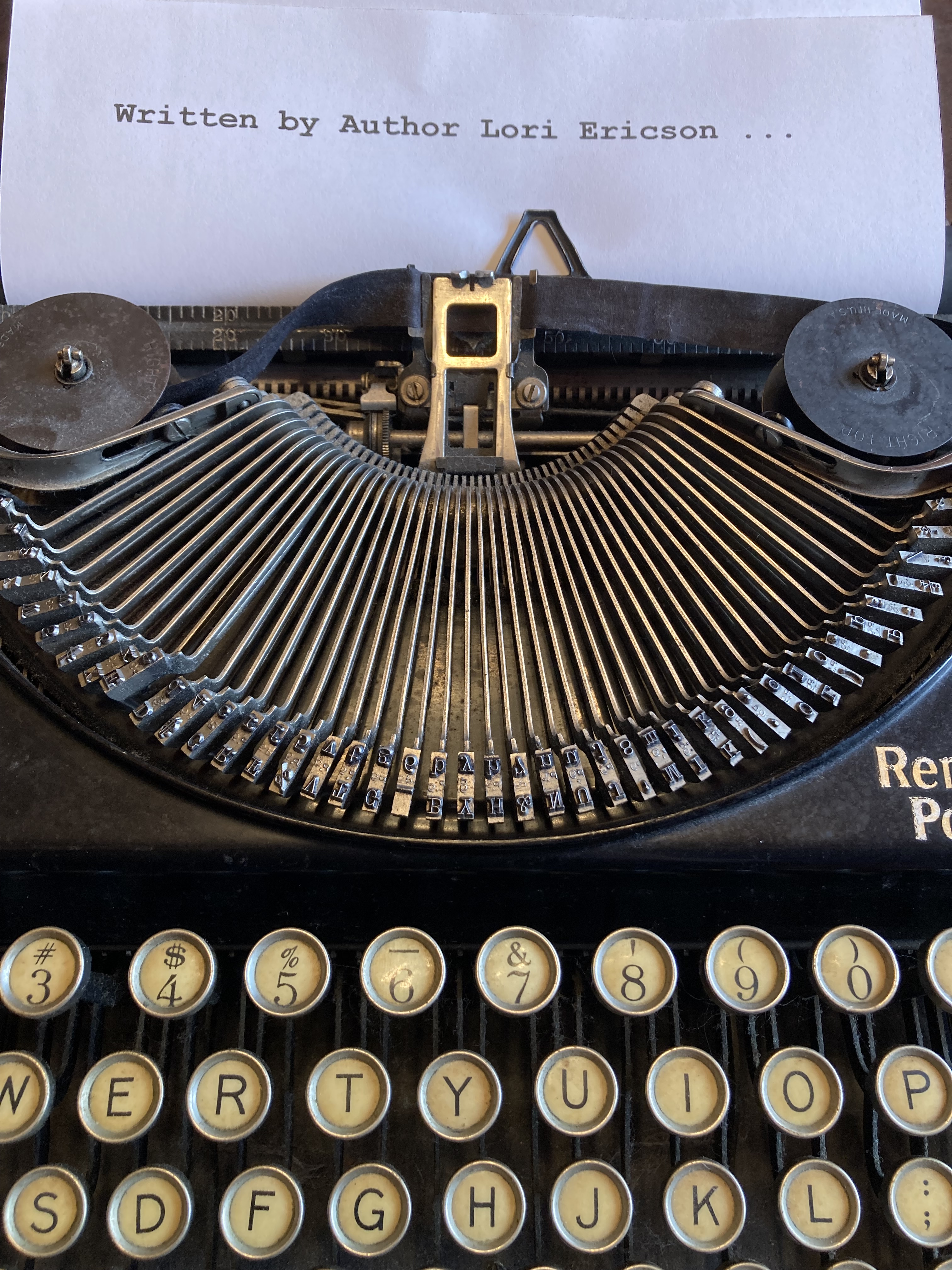
Two books by Lori Ericson are coming out soon. Her middle-grade Christmas adventure, Granny’s Magical Snow, is in the editing process.
The second edition of her first novel in the Danni Deadline Romantic Thriller series, A Lovely County, is expected out in the spring. And she’s working on the third Danni Deadline book, A Lovely Grave, with hopes of publication in 2026.
In addition, Ericson’s romantic comedy took a major prize at the Georgia Romance Writers conference in 2024. The manuscript, Love Six-Feet Under, is under consideration for publication now.
WATCH HERE FOR UPCOMING COVER REVEALS!
Jump to a page:

- About the Author
- Danni Deadline Romantic Thrillers
- Romantic Comedy
- Middle-Grade Fiction
- Book Review Blog
Vocabulary Book Review Posts:
- Reichs Provides Pure Tension in Latest Thriller
- RACIAL TENSIONS FLARE IN A CALAMITY OF SOULS
- Moyes’ Novel Dives into Heart of Family
- Beth Carter Gifts Romance Readers with Fun Holiday Tales
- Henry’s HAPPY PLACE Snicks a Chunk of Heart
CHECK OUT LORI ERICSON ON SOCIAL MEDIA:
(TikTok is new for Ericson, so hang tight)

Watch for news of publication by Ozark Hollow Press in the coming months.